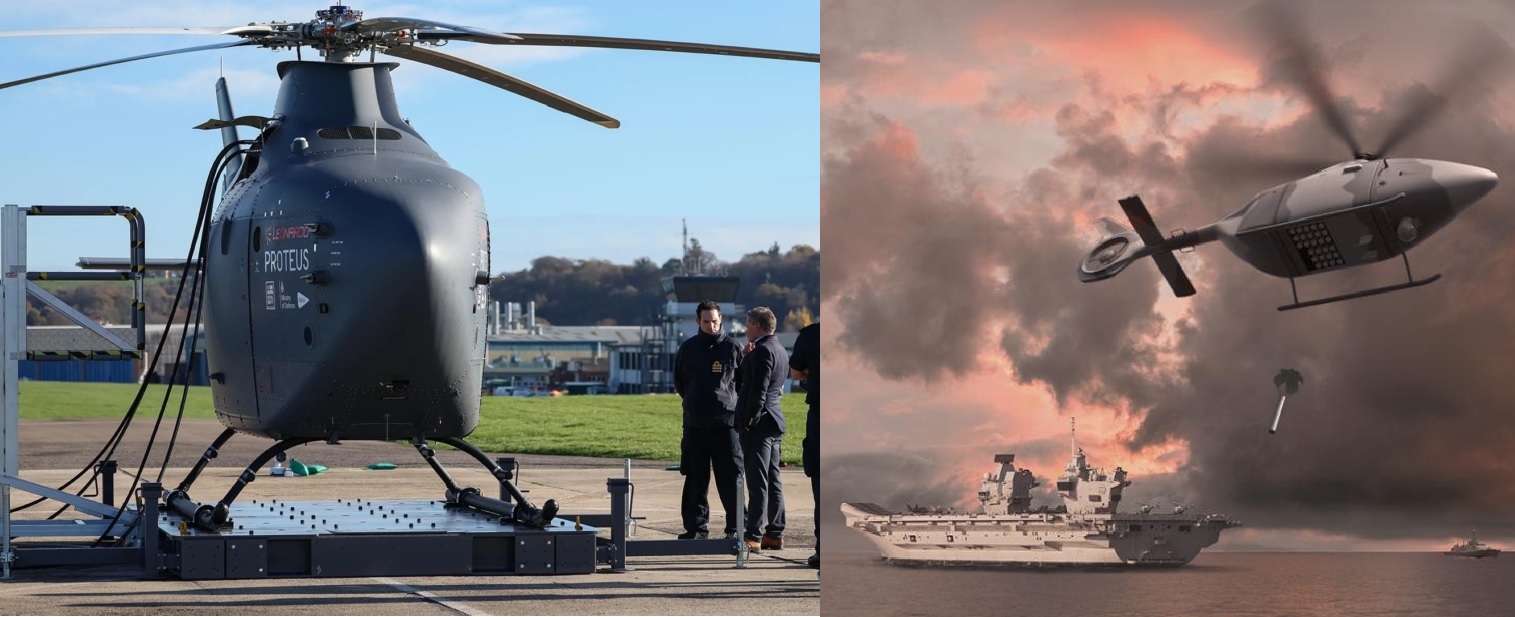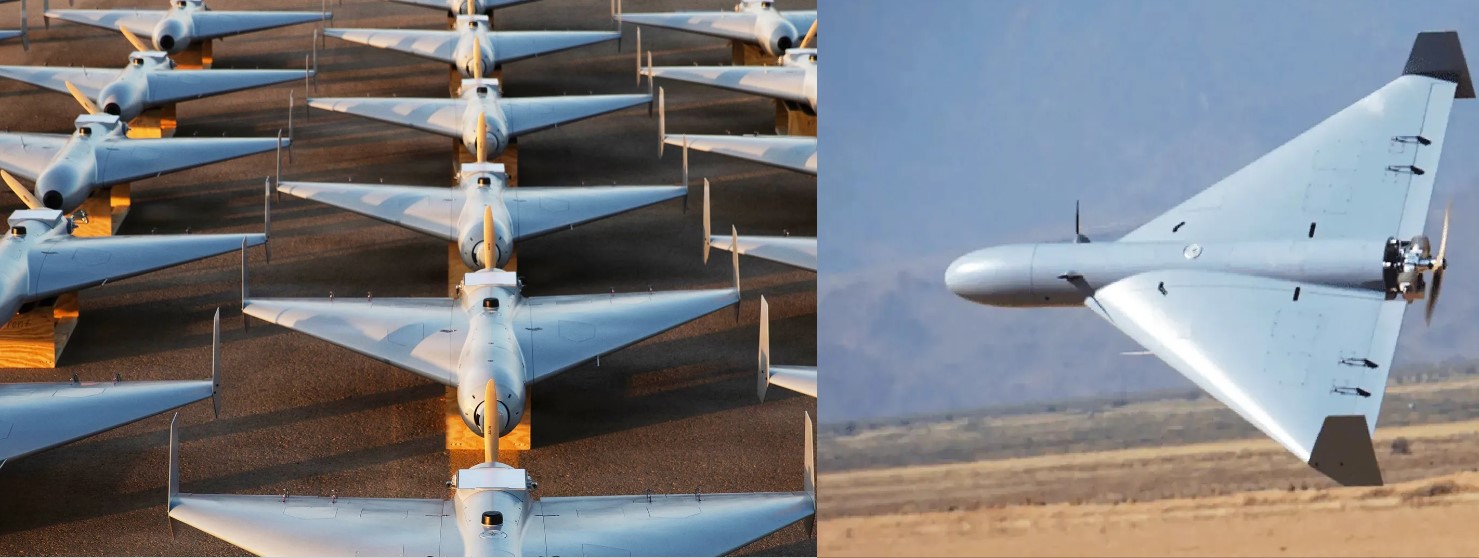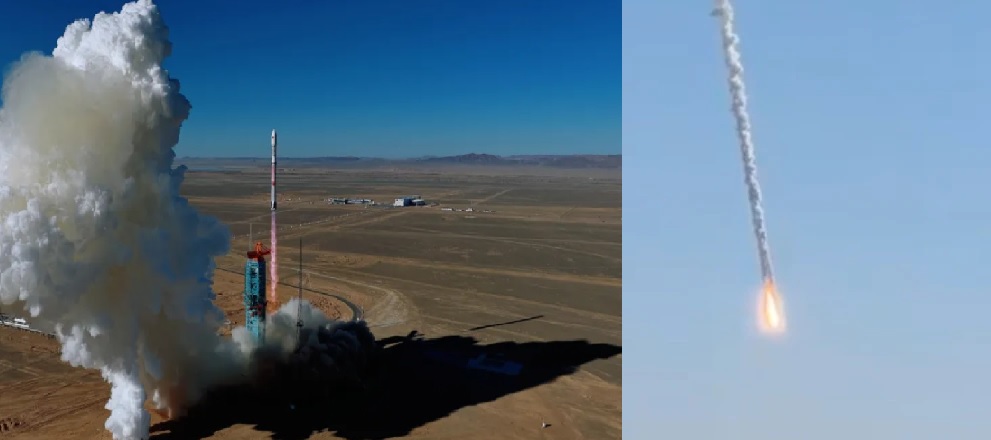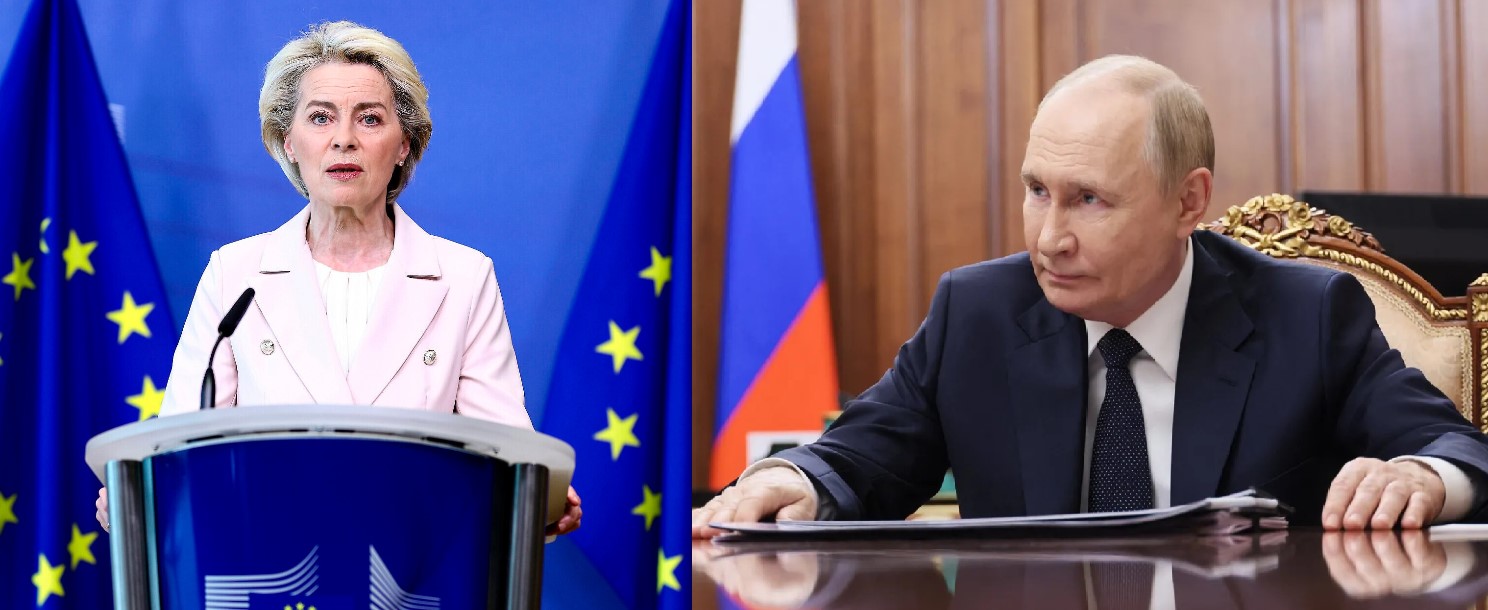Germany Considers Withdrawal from FCAS Amid Disputes with France

Germany : Berlin is also weighing a withdrawal from the Future Combat Air System (FCAS) programme, as dissatisfaction grows over the division of work and the dominant role of French industry. According to reports, the German government is analysing possible alternatives, including participation in the Global Combat Air Programme (GCAP) led by the United Kingdom, Italy, and Japan.
The FCAS project, launched to develop a sixth-generation fighter jet for Europe, is designed to eventually replace the Eurofighter in the German Luftwaffe around the mid-21st century. Alongside the fighter, the programme includes remote carriers and a combat cloud, making it one of the most ambitious defence projects in Europe. However, tensions between Berlin and Paris have strained the partnership, with Germany objecting to France’s push for greater control in the next phases of the project.
The current disagreements mirror past European defence splits. Observers have drawn parallels with the MAWS maritime patrol aircraft programme, which collapsed after Germany ordered Boeing P-8A Poseidons from the United States, while France independently pursued the Airbus A321MPA. The situation is also reminiscent of the 1980s, when Europe failed to agree on a joint fighter, resulting in France developing the Dassault Rafale and others moving ahead with the Eurofighter.
In addition to France and Germany, Spain and Belgium are involved in FCAS, though Spain has openly expressed frustration with the project’s current state. This growing unease places further pressure on the initiative.
Germany has already committed to buying 35 F-35A Lightning II fighters from the United States, which are expected to complement or potentially expand its fleet if FCAS falters. Joining the GCAP project, scheduled to deliver aircraft around 2035, could give Berlin another pathway to maintain its technological edge and strengthen ties with new partners.
German Chancellor Friedrich Merz has insisted that France must respect earlier agreements on work-sharing, while Defence Minister Boris Pistorius has pledged to seek clarity with his French counterpart before the end of the year. Meanwhile, Paris remains firm that French industry should play the leading role in the programme.
The future of FCAS now hangs in the balance. Unless compromises are reached soon, Germany may be forced to pivot toward alternatives, raising questions over whether Europe can achieve a truly joint next-generation air combat system or whether history will repeat itself with yet another split in European defence aviation.
✍️ This article is written by the team of The Defense News.






